1. Baby bath time essentials
It takes a certain knack to bathe a baby, especially in the early months when their head needs supporting. It would be good to take help from an older or more experienced person till you get the hang of it. Before you start, make sure all your bath essentials are arranged right next to the tub as you won’t be able to move around freely while you’re bathing the baby. Check the temperature of bath water by dipping your elbow in – this old timer’s tip still works today.
How often should you bathe your baby? You can bathe them daily, but this is not a must – you can wipe down with a warm, damp towel instead, especially in winter. Use specially formulated baby shampoo when you’re washing your baby’s hair. You can also wash their hair with plain water. Take care not to let water enter their noses, mouths or ears.
Pay special care while drying your baby especially around the folds. Those ‘Michelin tyres’ are super cute but damp there can cause infections. Especially pay attention to the neck and behind the knees. And of course, use baby skin care products. We love Mustela’s range which has special formulations for different baby skin types.
2. Nail care tips for your little one
You’d be surprised at how fast baby nails grow. It’s important to keep them trimmed because your baby could scratch themselves. Moreover, even a stationary baby can get a surprising amount of dirt and grease under their nails – which will then go straight into their mouths! Of course, you’ll need to be extra careful when cutting those teeny tiny nails. Use baby nail clippers – you could even try this one from First Years, it comes with a magnifier to help you see those little fingers better. Hold firmly, work slowly and make sure there’s bright light. You could even try cutting them while baby naps soundly – just use a gentle touch.
3. Change diapers frequently
Babies, especially little ones, pee a lot, so it won’t be practical to change their diaper every time. Change every 2-3 hours and check frequently in between those changes to see if the diaper is soiled. Once you remove the dirty diaper, wipe down your baby with warm water and cotton or baby wipes. Go from front to back, especially with baby girls. Soap is not a must, but if you do use one, make sure it’s baby soap. Also take care not to rub as you wipe – use gentle strokes and pat dry. Use a diaper rash cream if needed. As far as possible, use unscented products. And oh, don’t forget to wash your hands thoroughly after each diaper change.
When you’re outside for long stretches, make sure you carry enough diapers – a few extra in fact. A cute diaper bag will come in handy for these outings.
Always check to see if their diapers are cutting into your baby’s delicate skin and flesh. You’d be surprised at how fast little welts and bruises can pop up at the waist or thighs.
4. Some thoughts on cleaning the ears
The ears are really delicate but also become dirty easily from drips from feeds or when baby gags. Use a soft moistened towel to clean the outer ear. Use a cotton swab to clean around and the visible part of the opening. Do not go into the ear canal or remove wax from the inner ear, as this will harm your baby. Wax removal can cause the ear to produce excessive wax, causing buildup.
5. Hygiene rules for baby bottles
Even if you think you’ve washed your baby’s bottle thoroughly, any small remnant of milk is a breeding ground for bacteria. You will need to sterilize your baby’s bottle right after you buy it, and then a couple of times a day till the baby is three months old. You can sterilize both glass and plastic bottles (make sure you buy BPO free plastic) by placing them for 5 minutes in boiling hot water. Alternatively, you can use a fuss-free sterilizer. Remember to separate the bottle, nipple, cap and ring before sterilizing. Also sterilize their teething rings and pacifiers – anything that they put into their mouths for any length of time.
6. Keep your home clean for baby
You may think your home is squeaky clean, but you really have to think at baby’s level. They will spot any bit of dirt or foreign matter once they’re crawling and mostly likely, it will go right into their mouths. Clean areas that your baby uses twice a day at least. Use antibacterial products, but ones that are baby safe like the Charmm spray. In fact, the Charmm range of mild, baby-safe cleansers and detergents are perfect to clean baby sheets, bottles and more. Crib sheets should be changed at least twice a week, if not more often. A simple tip: wash your baby’s hands after they’ve crawled on the floor for a length of time.
7. Care for your baby’s umbilical cord stump
It’s important to care for the cord stump, which generally falls by itself in the first 5-15 days of your baby’s life. Wipe and clean it regularly and always keep it dry. Don’t let your baby’s diaper chafe against the cord, try folding it down so it doesn’t touch.
Once the cord stump looks like it’s falling off, be careful not to accidentally tug at it. Allow it to fall naturally on its own. After it has fallen, use a medically prescribed antiseptic powder (as recommended by your paediatrician) till it has completely healed. Keep a close eye on the stump both before and after for any signs of infection – if you notice any unusual reddening or smell, please take your baby to the doctor.
8. Keep your baby’s mouth clean
And finally, clean around your baby’s mouth before and after every feed. You can do this with a soft, damp towel. Simply wrap it around your index finger and trace around the mouth. You can do this with the gums as well. Make sure you use a very light touch. For older babies, here are some tips you can follow. One thing worth remembering is that babies fed exclusively on breast milk or formula are healthier, so try not to wean them too early – this will affect both their digestive and dental health.

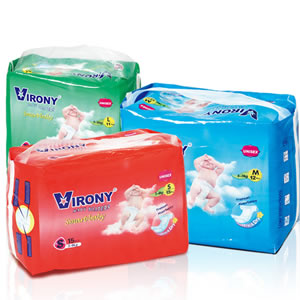
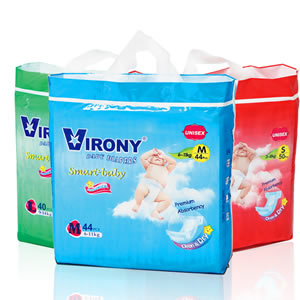
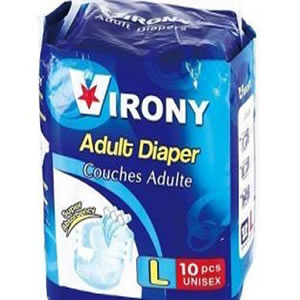
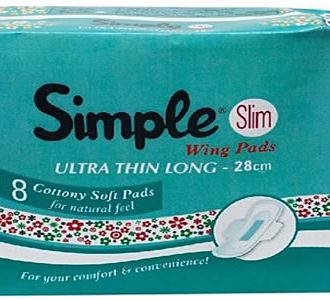
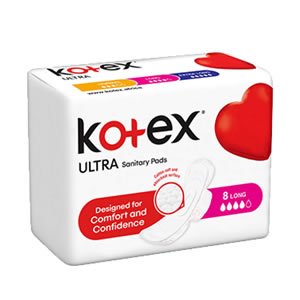
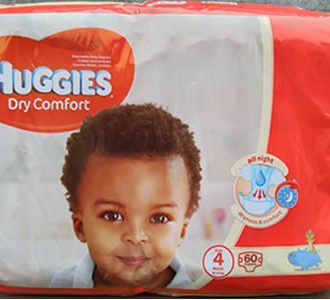
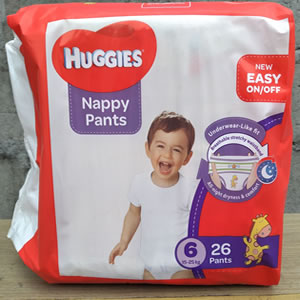
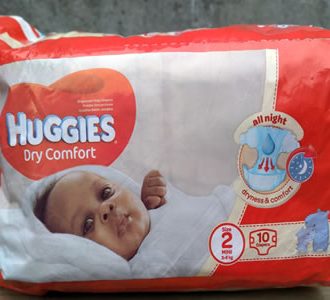
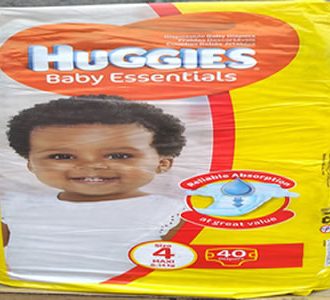
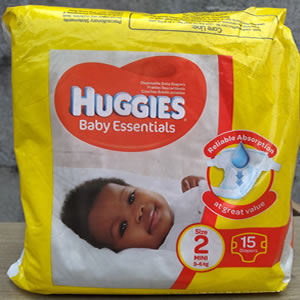
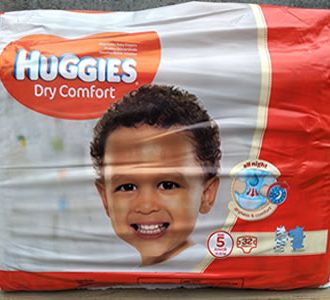
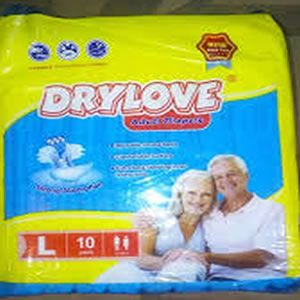
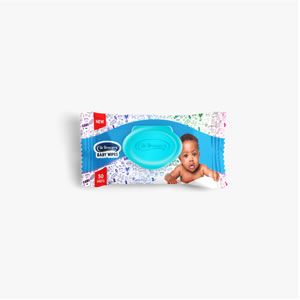
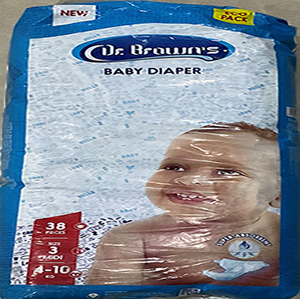
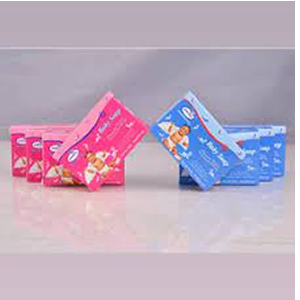
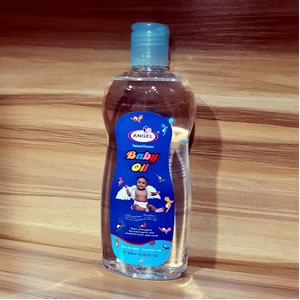
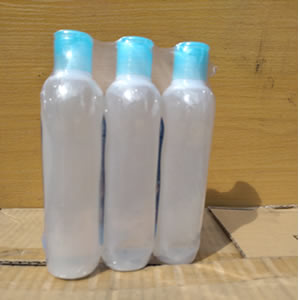
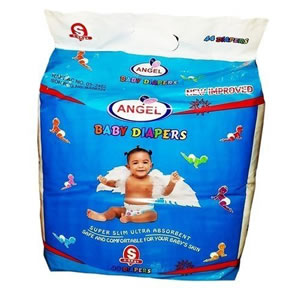
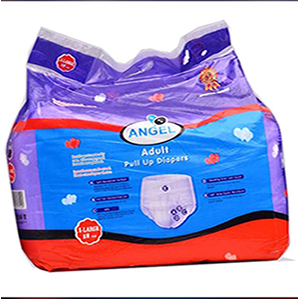
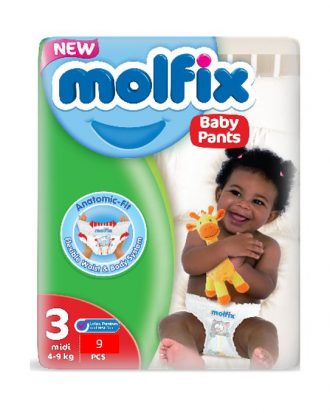





Nice one